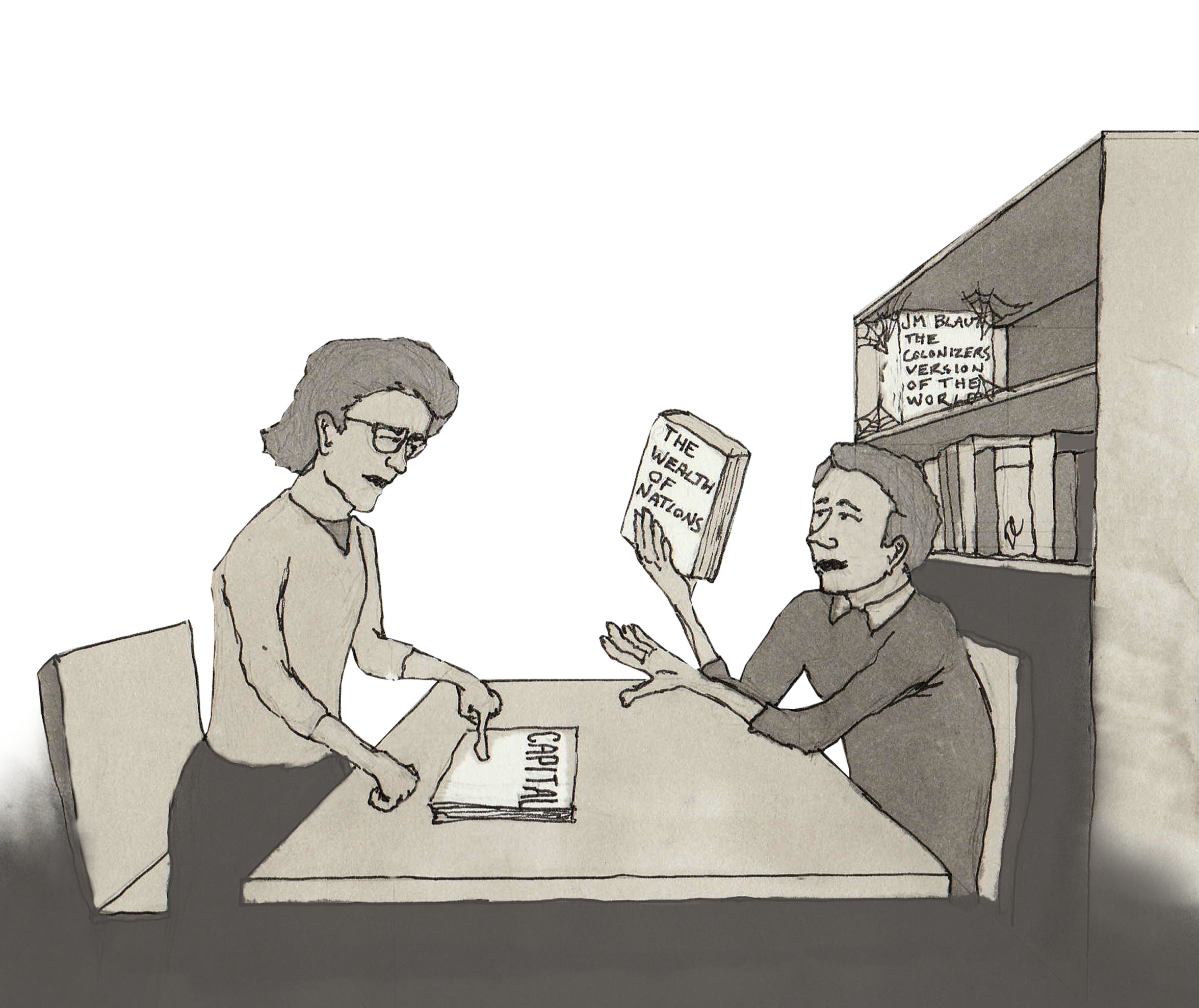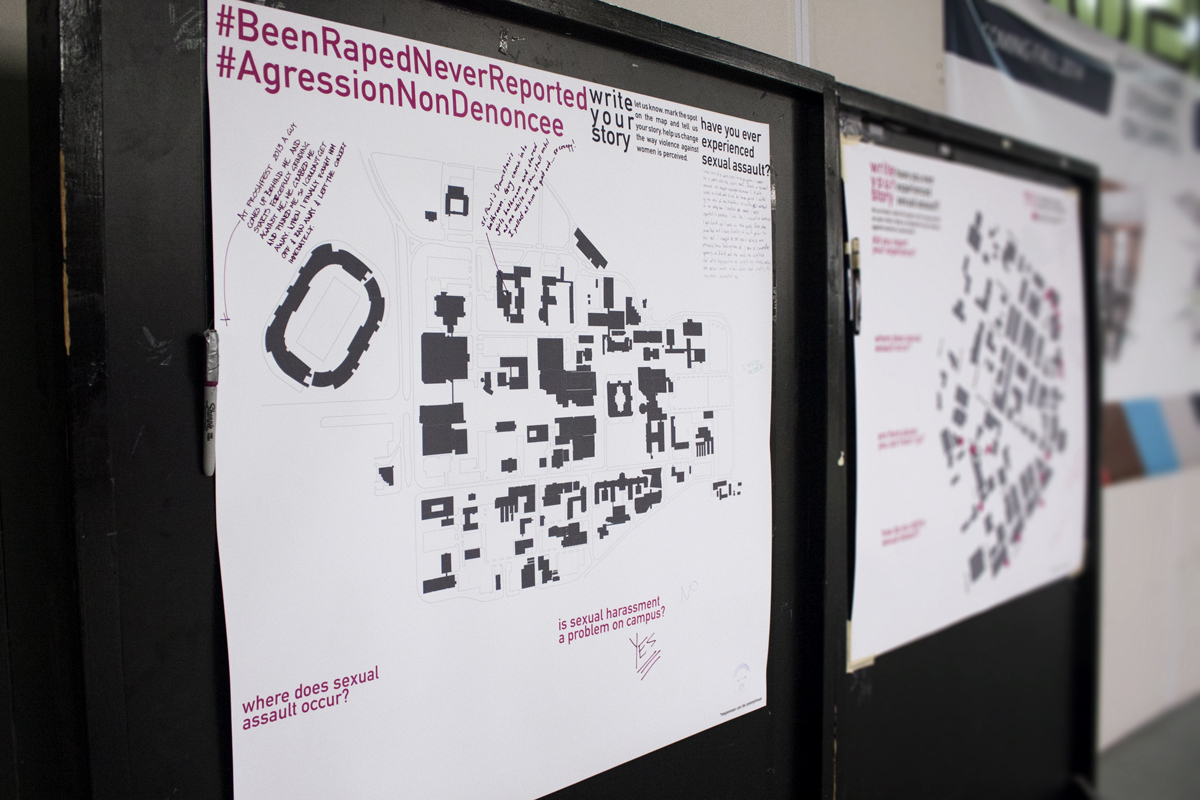Come fall 2021, new faculty of arts students at the University of Manitoba will have to fill an Indigenous content requirement with a minimum of three credit hours. The requirement is long overdue, especially considering the University of Winnipeg has required students to take an Indigenous studies course since the fall semester of 2016.
Unfortunately, the U of M’s content requirement is not as far reaching as the U of W’s and only necessitates arts students take an Indigenous course. However, the U of M is introducing Indigenous-centred courses into several departments like history, political studies, sociology and so forth which will allow other faculties to fill their written requirement with a plethora of different Indigenous courses from different departmental perspectives. The U of M has stated that these courses will follow guidelines laid out by the Truth and Reconciliation Commission of Canada to help educate the public on Indigenous issues, history and knowledge.
Although not perfect, this is a good first step working toward decolonizing the university and associated syllabuses.
But we cannot settle. The university is in desperate need of decolonization. Most, if not all, classes at the university are still primarily taught using Eurasian knowledge and theory without considering the benefits of Indigenous perspectives — a reality that has challenged my own intellectual capacity to understand Indigenous knowledge, as I’m sure it has other university students.
For example, last year I took a historical theory seminar — a class known for its tendency to lead students into existential crises every other week. The class was covering material history and the week’s thematic core was about decentralizing humanity from the study of history. The guest facilitator posed a question as to whether students thought rocks could have agency without influence from the outside world, or in other words, could be sentient. I immediately questioned the statement and judged it as absurd. How could students be hung up on a philosophical question about rocks and sentience when it can be easily deduced via the scientific method that they are not living creatures? It seemed like such a common thing to know.
Just weeks later, I stumbled upon a peer-reviewed article by anthropologist Julie Cruikshank titled “Are Glaciers ‘Good to Think With’? Recognising Indigenous Environmental Knowledge.” The article outlines challenging human exceptionalism — the idea that humans are categorically separated from the rest of the natural world and central in moral considerations — with Indigenous environmental knowledge. As I thumbed through the pages, I came to realize that the facilitator’s question from just a few weeks prior paralleled the point that Cruikshank was trying to get across in this article: everything in the material world, no matter its distinction from humanity, has agency.
The article noted that our privileged naturalist view — the view that commands and dominates the scientific community by asserting things are only knowable through the scientific method and universal natural laws — contributes to our illusionary belief in the separation of humanity and nature, thereby placing humanity in a dominant social position to other things. Cruikshank noted this perspective makes it difficult for settlers to see the validity in Inuit peoples’ holistic knowing that glaciers are sentient and highly reactive beings, connected to humanity’s every movement — hence the question, are glaciers “good to think with?”
This realization induced an extreme embarrassment in the entitled perspective I had just weeks prior. I had dismissed Indigenous knowledge, albeit unconsciously, simply because my positionality as a settler within the confines of a colonial academic environment had given me the false authority to do so.
This reflection on my personal embarrassment has a further point — to expand the Indigenous requirement to all students, regardless of their academic focus. Broadening the university’s faculties with Indigenous knowledge can be beneficial to all, not only by being equitable in learning initiatives and teaching cultural understanding, but in expanding our collective understanding of the world.
For example, the department of environment and geography has adopted a more interdisciplinary method and incorporated aspects of Indigenous studies within its curriculum in the pursuit of a more holistic approach to the crises that face our natural environment. But the hard sciences, within the faculty of science, continue to be hamstrung by the deceptive naturalist perspective that many of us, regardless of our academic background, continuously fall victim to. Rather than dismissing what seem like absurd questions, we should be inspired to think beyond the structures that we have grown comfortable in.
Knowledge is ubiquitous, yet we define it very meticulously within the university setting. Broadening course requirements to encourage students to ask philosophical questions can help inspire scientific breakthrough and change the way we see our world. In other words, “thinking with glaciers” is beneficial to everybody.





